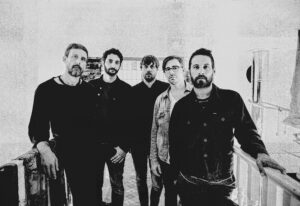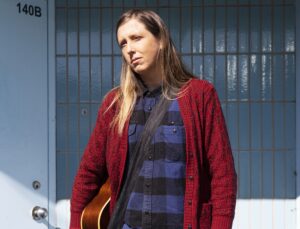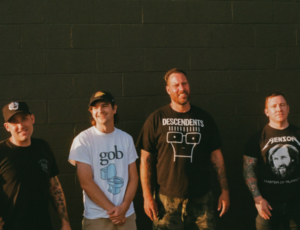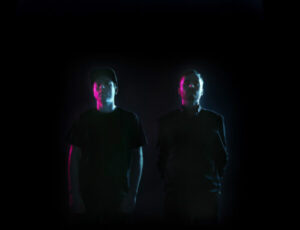For folk-rock veteran Richard Thompson, recording a new album means having to do something a little different each time. Last time out, the songs were workshopped live and the best results were released as Dream Attic. This time out, a short trip to Nashville with a small, dependable crew was required: a quick and dirty session with songs unfettered by any production tweaks. Electric, Thompson’s twentieth studio album since 1972 is a slow burner that never rises to the heady heights of Thompson’s past achievements. All the same, Electric is not to be easily dismissed. Like Goldilocks’ preferred porridge, Electric is just right: nothing too fancy, but still plenty of satisfaction to glean after a few playbacks.
Thompson himself has said that the album was recorded “ridiculously quickly” (two weeks) in producer Buddy Miller’s Nashville home. With a streamlined band consisting of Michael Jerome (drums and vocals) and Taras Prodaniuk (bass and vocals), plus some back-up guitar work by Miller and some A-list cameos (Alison Krauss), Electric is the least-laboured Thompson record to date.
As with any Thompson release, the guitar is the star on Electric: the sound is clean, while the playing is fraught with melody-rich drama. At 63, Thompson’s fretwork is still a thing of beauty. (Not just a deft player and composer, Thompson’s also a Zen teacher of the guitar.) Thompson is still underappreciated as a guitar hero. For my money, he’s somewhere between Vernon Reid and Pete Townshend.
Electric is light on the folk touches that made Thompson such a reckoning force on the English folk scene through to the 1970s. After several acclaimed albums with his then wife Linda, Thompson reached the heights of a cult artist. Since their marriage broke up in 1982, he has pursued a solo career that has seen the release of a steady flow of idiosyncratic folk-tinged rock albums and several music scores.
Perhaps it is that very consistency that weakens Electric. Though there are no obvious complaints to level against Electric, it comes off strangely passive. This is not Shoot Out the Lights Redux or outtakes from Sweet Warrior.
Having said that, even at his worst, Thompson is always worth repeat listens. And though Electric does not add to his often-brilliant discography (Pour Down Like Silver, Shoot out the Lights, and Rumour and Sigh), it does not negate from it either.
The rollicking opener, “Stoney Ground”, lives up to the album’s title, as does “Straight and Narrow”, an organ-fed barnstormer, but for the most part, there are many softer, nuanced tracks here.
“Another Small Thing in her Favour” is one of those gentle numbers, but as it features the album’s most discrete vocal, it rises above mediocrity. “My Enemy”, however, does not, as it instead slips off into Mark Knopfler territory. Not a bad thing if you’re into Knopfler’s work. If not, Electric may leave you cold.
The solos throughout are powerful workouts, mesmeric workouts that recall Thompson’s incendiary best. If Electric proves one thing it is that plugged in, there are few who can best Thompson. What he wrangles out of his guitar is nothing short of stunning. Unplugged, he’s just as badass.
“Good Things Happen to Bad People“ is the kind of pop-hued number that comes off so melodically simple for Thompson. “I know you’ve been bad from the way you smile,” he sings with a mix of wry humour and vitriolic temper.
“The Snow Goose” is classic Thompson: evoking a north England winter, Thompson and guest Krauss are a vocal duo that is manna from heaven for those listeners waiting for another Richard and Linda musical hook-up.
Chances are if you’re already a fan, Electric won’t trouble you too much. If you’re new to the world of Thompson, this will do fine until you snag a copy (physical or digital) of Pour Down Like Silver or Shoot Out the Lights.
Electric is a New West recording and is available as a single CD, a deluxe double CD (with bonus tracks), and a double-vinyl.










